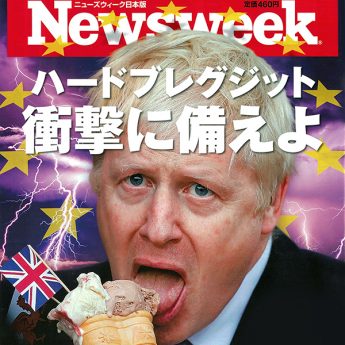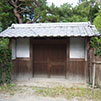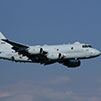Clean-up Team Visits Nuclear Zone
Scottish experts visited Fukushima to advise on cleaning up after the earthquake and tsunami last year, the Scotsman reported on 5 June.
Dounreay Site Restoration Ltd believes a strategy it devised in the 1990s—after radioactive particles released off Caithness, northern Scotland, contaminated the seabed and beaches—could help Japan deal with radioactive contamination, detection and recovery.
Phil Cartwright, senior manager in charge of contaminated land clean-up at Dounreay, said: “Japan is at the start of a much bigger clean-up project with significant challenges both on and off site, but the issues they face are similar to those we had to work through even though ours were on a much smaller and more localised scale”.
Tourists Visit Rapeseed Fields
Japanese tourists are visiting England’s rapeseed fields, the Daily Telegraph reported on 18 June.
A UK tour operator takes the visitors to photograph and walk among the bright yellow-flowered plants on the Gloucestershire-Worcestershire border.
About 17% of the UK’s farmland comprises rapeseed fields.
Expats: Most Costly Cities
Tokyo claimed back the title of the world’s most expensive city for expatriates as London slipped seven places in the rankings to 25th, according to a survey released in June by Mercer LLC.
Based on 2011–2012 data, last year’s second-placed Tokyo knocked Luanda, Angola, off the top spot, as Nagoya rose one place to 10th and Osaka became 3rd, by moving up three places. Meanwhile, Birmingham (133) overtook Aberdeen (144) and Glasgow (161) and the UK’s cheapest city, Belfast (165), was 13 places higher than in the previous survey.
The world’s most inclusive survey covered 214 cities across five continents, and helps global firms and governments decide on salaries for their employees living abroad.
Movements in the exchange rate had the biggest impact on countries’ rankings, as declining incomes and rising levels of unemployment caused by the recession reduced prices in many eurozone countries.
Defence Ties Pact Signed
London and Tokyo have signed a memorandum of understanding to strengthen cyberspace and outer space defence ties, local media reported on 4 June.
Signed in Singapore, the pact is expected to increase the sharing of information and the number of ministerial and working-level deals related to outer space safety, the defence of nuclear materials and peacekeeping activities.
“Death Railway” Story Filmed
A Scottish prisoner of war’s tale of torture during World War II is being made into a film, reported the Yomiuri Shimbun on 14 June.
The Railway Man, based on the life and best-selling book of signals officer Eric Lomax, tells the story of how he was captured, tortured and forced to help build the infamous Thailand–Burma railway by the Japanese after the fall of Singapore in 1941.
The 415km railway, made famous by the 1957 British film The Bridge on the River Kwai, links Thailand and Myanmar (formerly called Burma) and is known as the “Death Railway” after the thousands of forced labourers who died during its 18-month construction.
Due to be released next year, the £12mn movie—shot in Scotland, Thailand and Australia—will star Oscar-award winners Colin Firth, Nicole Kidman and Hiroyuki Sanada.
Council Reviews Investment in Tobacco Firm
Kent County Council might have to withdraw its investment in Japan Tobacco, Kent News reported on 17 May.
A legal duty to protect its residents’ health could be in conflict with the authority’s current £24mn stake in tobacco firms as part of its pension fund portfolio.
The authority had bought £3.4mn of shares in Japan Tobacco last year, while welcoming a government initiative to promote anti-smoking programmes.





